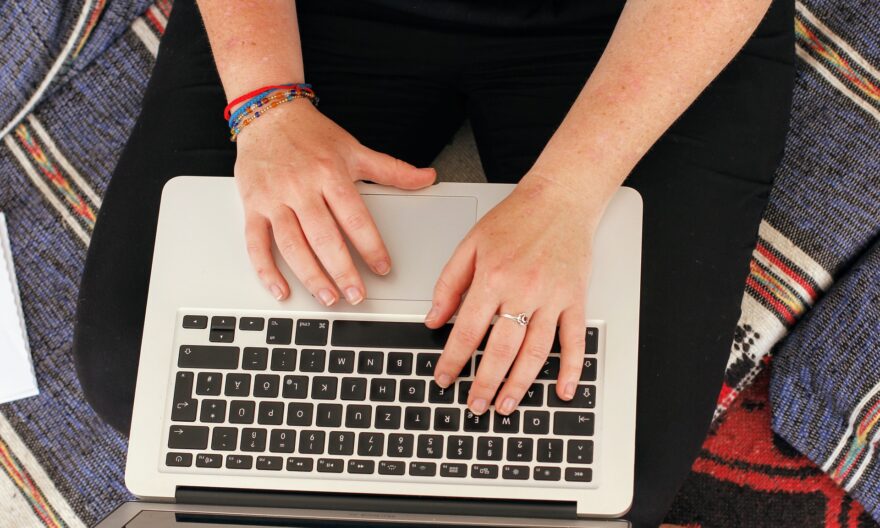
Remote working has been a rising trend in the last few years. However, in the current health crisis, more and more employees have been forced to work from home for an extended period.
People have been given very little time to adjust to this. And, for many people, unprecedented social isolation and loneliness have caused mental health issues like depression and anxiety.
In these troubling times, it’s more important than ever to develop positive strategies for dealing with social isolation. Here’s how:
The effects of isolation on remote workers
In a study by psychologist Louise Hawkley, loneliness can have staggering effects on people’s health, well being, and happiness.
Loneliness can raise people’s stress levels and lead to “fight-or-flight” stress signalling. This is linked to a number of physical, mental, and cognitive health issues including poor sleep quality, lower immune system, depression, and accelerated cognitive decline.
How to cope with social isolation in the pandemic
There are many ways to reduce the negative effects of isolation or loneliness, such as:
1. Find ways to be social
Even if you have to physically distance yourself from people, it’s still important to try and socialize as much as possible. This can ward off loneliness and stress.
Even when “social distancing”, you can still find ways to connect with others. For example, get in touch with friends and family on the phone or online, send texts and emails, or look for digital gatherings that you can take part in.
2. Quality time with family
Working from home isn’t all bad – it has its benefits. One of the major advantages is that it gives a unique opportunity for quality family time.
Being at home means you have the chance to do things you don’t normally have time for, like playing board games, baking, going for a long walk, or just having a relaxed conversation.
3. Limit social media use
Constant social media use can cause a spike in anxiety, so it’s best to limit yourself. Set a clear time limit for the day and make sure you stick to it!
Additionally, when using social media, make sure you’re using it to be sociable. Endless scrolling is unnecessary and it can make it harder to detach.
4. Maintain a healthy lifestyle
One of the side effects of social isolation is that it can lead to less healthy lifestyles, like eating junk food or taking less exercise. But, this can exaggerate the negative effects and, over time, cause a vicious cycle.
Make sure you eat healthily, get plenty of sleep, and exercise as much as possible. This will improve your mental health and make it easier to cope with the challenges.
5. Work on your mindset
Last but not least, it’s important to improve your mindset and focus on the positives. Avoid thinking about “worst-case” scenarios if you can.
Some techniques to help with this include mindfulness exercises, yoga, meditation, painting, listening to music, or taking time for other hobbies and interests.



